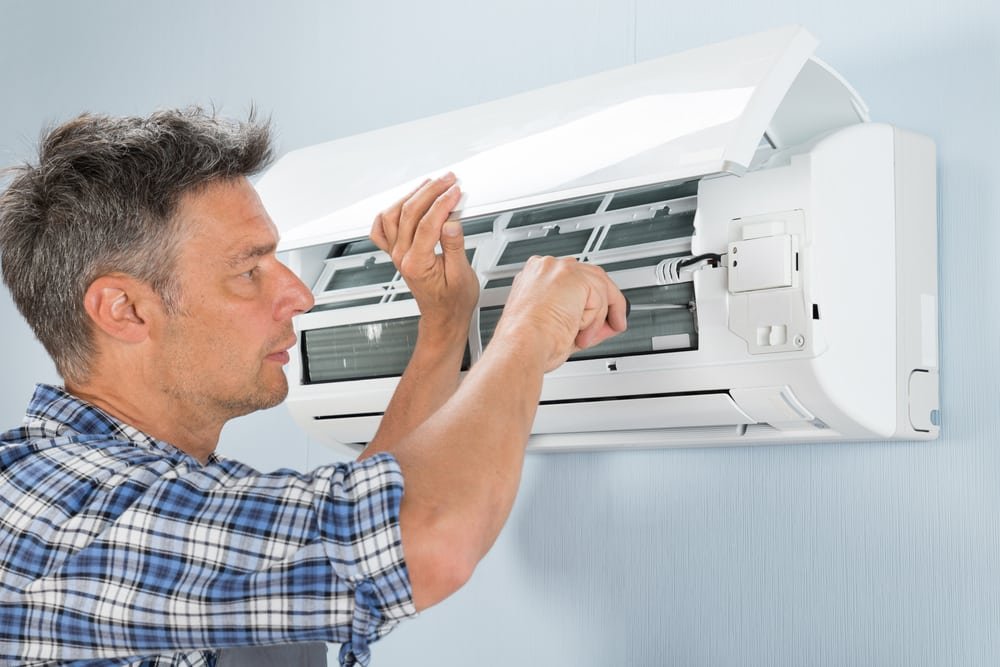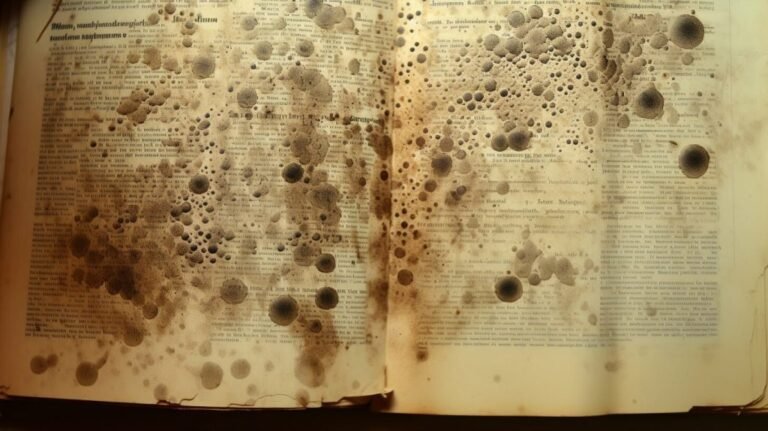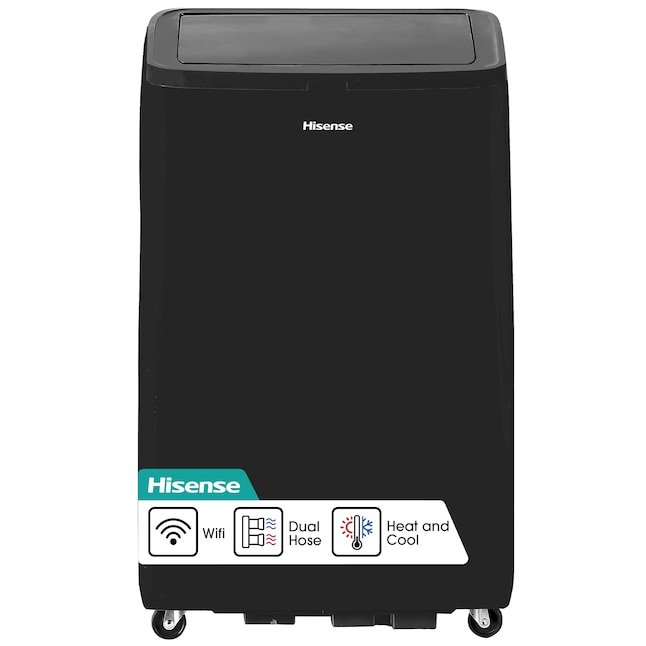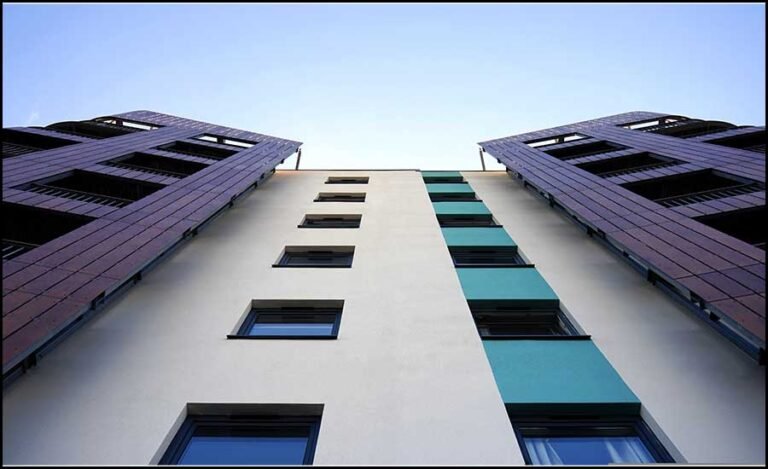Reverse Cycle Air Conditioner Leaking Water Outside: Causes and Solutions
A reverse cycle air conditioner leaking water outside is a normal process where condensation forms on the condenser heat exchange coil due to the unit absorbing heat from the warm, humid air outside. This is not a cause for concern.
Condensation On The Condenser Heat Exchange Coil
During the reverse cycle AC process, condensation occurs on the condenser heat exchange coil. This happens when the outdoor unit of the air conditioner absorbs heat from the warm and humid air outside. As a result, water droplets form on the coil, leading to condensation. This condensation is a natural part of the cooling process and is nothing to worry about. However, if the condensation is excessive, it can cause water leakage outside the AC unit. Excessive condensation can occur due to factors such as a clogged drainage line or a faulty system. To fix this issue, the drain line needs to be unclogged or a professional HVAC technician should be contacted. Regular maintenance of the AC unit can also help prevent condensation-related water leakage.
Clogged Drainage Line
Why is your reverse cycle air conditioner leaking water outside?
One possible cause is a clogged drainage line. When the drainage line becomes clogged with debris such as dirt, dust, or algae, the water cannot flow freely and may back up, causing it to overflow and leak outside. This can happen during both heating and cooling seasons.
To unclog the drainage line, you can try the following steps:
- Step 1: Turn off the air conditioner and locate the drainage line.
- Step 2: Inspect the line for any visible obstructions and remove them carefully.
- Step 3: Use a wet/dry vacuum or a pipe snake to clear any stubborn blockages.
- Step 4: Pour a mixture of equal parts vinegar and water down the drain to help prevent future clogs.
- Step 5: Test the drainage line by pouring water into it and ensuring that it flows freely.
- Step 6: If the problem persists, it is advisable to consult a professional HVAC technician for further assistance.
By following these guidelines, you can effectively unclog the drainage line of your reverse cycle air conditioner and prevent water leakage outside. Remember to perform regular maintenance to keep the drainage line clean and free from any obstructions.
Excessive Humidity Or Extreme Weather Conditions
We often encounter situations where a reverse cycle air conditioner is leaking water outside. One of the reasons for this is excessive humidity or extreme weather conditions. High humidity can have a significant impact on the performance of an air conditioner. When the outdoor unit absorbs heat from the warm and humid air, condensation occurs on the condenser heat exchange coil, resulting in water leakage. This phenomenon is a natural part of the reverse cycle AC process and does not indicate any malfunction. Additionally, extreme weather conditions can also contribute to water leakage. For example, during heavy rainfall, the excess water can overwhelm the drainage system, causing water to leak from the air conditioner unit. To fix this issue, it is recommended to unclog the drainage line or seek assistance from a professional HVAC technician.
Regular Maintenance And Cleaning
Regular maintenance and cleaning
The importance of regular maintenance to prevent water leakage from a reverse cycle air conditioner cannot be overstated. Regular cleaning and maintenance keep the air conditioner in good condition and help avoid potential issues such as water leakage.
Cleaning tips for keeping the air conditioner in good condition:
- Check and clean the filters regularly to ensure optimal airflow and prevent clogging.
- Clear any debris or obstructions around the outdoor unit to maintain proper airflow and prevent water buildup.
- Inspect the drainage pipe and ensure it is not blocked or clogged, as this can cause water to leak outside.
- If you notice any leaks or water pooling around the unit, it is important to address it immediately to prevent further damage.
- Consider scheduling professional maintenance at least once a year to ensure the air conditioner is in top shape and minimize the risk of water leakage.
By following these maintenance and cleaning tips, you can keep your reverse cycle air conditioner in good condition and minimize the risk of water leakage outside. Regular maintenance is key to ensuring the optimal performance and longevity of your air conditioning unit.
Installing A Drainage Pan Or Overflow Switch
Installing a drainage pan or overflow switch can help prevent water overflow in a reverse cycle air conditioner. These devices are beneficial in managing the condensation that occurs during the AC process and can save you from potential water damage.
A drainage pan is placed underneath the air conditioner unit to collect any excess water and prevent it from leaking outside. It is important to regularly check and clean the drainage pan to ensure proper functioning.
An overflow switch, on the other hand, is a sensor that detects when the drainage pan is reaching its capacity. When the water level rises too high, the overflow switch triggers the AC unit to shut off, preventing any further water overflow.
Both devices are typically easy to install and can provide peace of mind by effectively managing water leakage. Consider adding a drainage pan or overflow switch to your reverse cycle air conditioner to avoid water damage and ensure optimal performance.

Credit: www.youtube.com
Seeking Professional Help
If you notice your reverse cycle air conditioner leaking water outside, it may be time to seek professional help. While small amounts of water leakage during routine functioning are normal, excessive water leakage can indicate a problem with your AC unit. Knowing when to call a professional to address the issue is crucial. Professionals have the expertise to diagnose and fix the problem effectively.
Common causes of water leakage include a clogged drainage line or a malfunctioning condenser heat exchange coil. If you notice water spitting or overflowing from the unit, it could be due to a clogged drainage line. Unclogging the drain line or having a professional HVAC technician do it for you can resolve the issue.
Remember, if water is dripping from the outdoor unit during heating, it is a natural part of the reverse cycle AC process and not a cause for concern. However, if you notice excessive water leakage, it is best to consult a professional to ensure the problem is resolved promptly.
Frequently Asked Questions On Reverse Cycle Air Conditioner Leaking Water Outside
Why Does My Reverse Cycle Air Conditioner Leak Water Outside?
Your reverse cycle air conditioner may leak water outside during the heating process. This is because the outdoor unit absorbs heat from the warm, humid air, causing condensation on the condenser coil. It is a normal part of the AC process.
To fix the issue, check for a clogged drainage line and unclog it or seek assistance from an HVAC technician.
Is It Normal For Air Conditioner To Leak Water Outside?
Yes, it is normal for an air conditioner to leak water outside. This happens because the air conditioner produces condensation as it cools warm air and absorbs heat and moisture from the air. If you notice excessive water or pooling, it may indicate a blocked outdoor coil that should be checked and cleaned.
How Do I Fix My Air Conditioner Spitting Water Outside?
To fix your air conditioner spitting water outside, check for a clogged drainage line. If the line is clogged, water can back up and cause the unit to spit water. Unclog the drain line or contact a professional HVAC technician for assistance.
Should Ac Drip Water Outside In Summer?
Yes, it is normal for an AC to drip water outside in summer. The dripping is caused by condensation on the condenser heat exchange coil as the AC unit absorbs heat from the warm, humid air outside. This is a natural part of the AC’s cooling process.
Conclusion
If you notice your reverse cycle air conditioner leaking water outside, there’s no need to panic. This is a natural occurrence during the AC process where the outdoor unit absorbs heat from the outside air, causing condensation on the condenser coil.
However, if you’re experiencing excessive water or pooling, it could indicate a blocked outdoor coil. Check for dirt and debris buildup and consider using a drain kit or pan to redirect the water. If the issue persists, it’s best to seek professional help to fix the problem.






